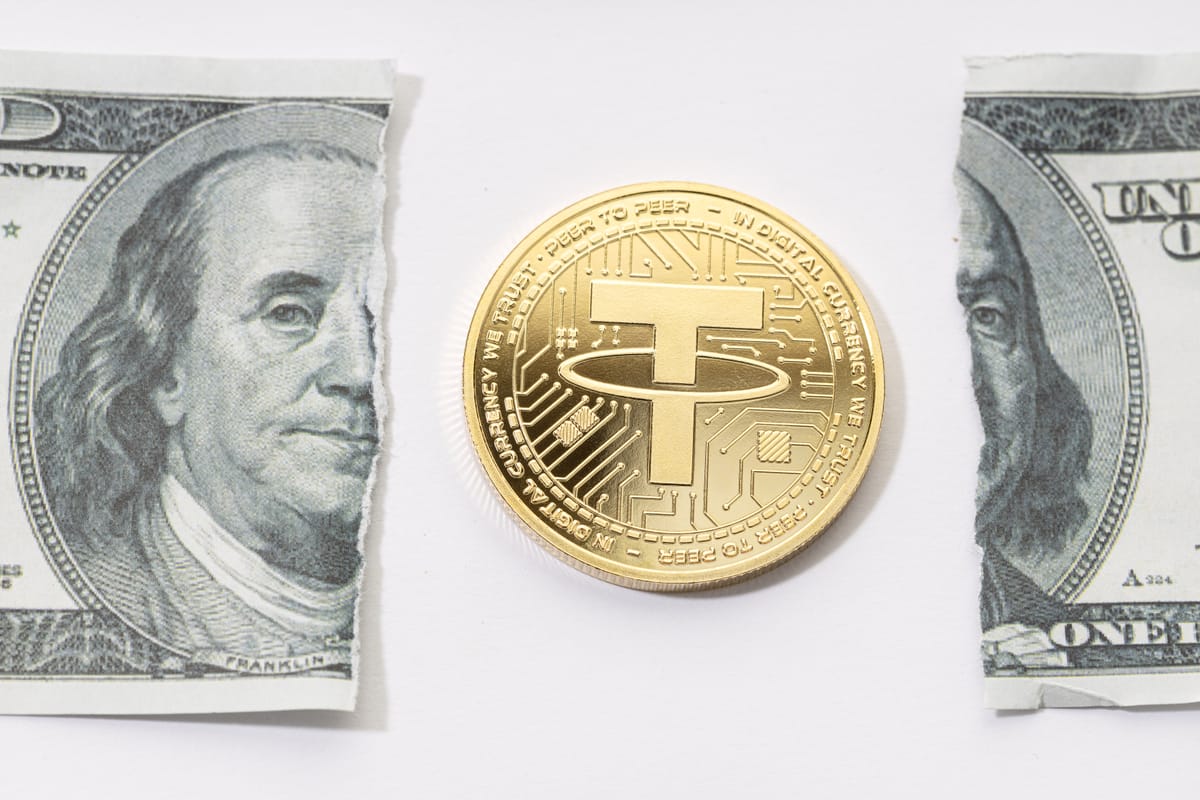Table of Contents
Tether is offering USDT support in the Philippines to allow its citizens to pay their Social Security System (SSS) contributions with its stablecoin.
SSS is a government-operated social insurance program that covers employees through social security and employee compensation.
Web3 shopping and services platform Uquid has partnered with Tether to allow Philippines citizens to pay their SSS contributions in USDT on The Open Network blockchain (TON). Supporting merchants and customers, Uquid has a base of more than 260 million.

Those wishing to pay with USDT are instructed to log in to Uquid's website and use the "mobile topup" service to access SSS contributions. From there, users can pay using USDT-TON.
"We are now in the future where all this is being achieved, and we are proud to be part of the driving force that makes this happen," said Paolo Ardoino, CEO of Tether.
Tran Hung, CEO of UQUID, described the partnership as a "new benchmark for convenience and accessibility in digital shopping."
🚀 Thank you @Tether_to for the support! Paying SSS contributions with USDT on @ton_blockchain via UQUID is the perfect example of how stablecoins like USDT and crypto in general can simplify and enhance our daily lives.
— UQUID (@uquidcard) July 1, 2024
This aligns with UQUID’s vision of making crypto… https://t.co/MKsLUojZx3
The United Nations (UN) warned that USDT has become one of the most prominent payment methods for money laundering and scams in Southeast Asia.
“Online gambling platforms, especially those operating illegally, have emerged as among the most popular vehicles for cryptocurrency-based money launderers, particularly for those using Tether,” the UN report said.
Nonetheless, the market value of USDT is over $110 billion. In its recent Q1 earnings, Tether said it issued over $12.5 billion USDT in the period. $1 billion of the profit came from “net operating profit” through interest payments from treasuries.
The Philippines Securities and Exchange Commission is set to introduce its crypto framework by year-end.

SEC Chairperson Emilio B. Aquino told reports that the regulator will "come up with a framework" and will "issue it by the second half of this year."
Its guidelines aim to regulate the crypto industry in the Philippines while prioritizing investor protection.









